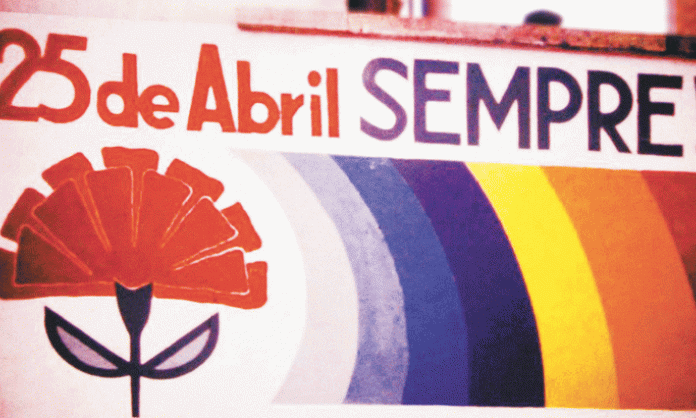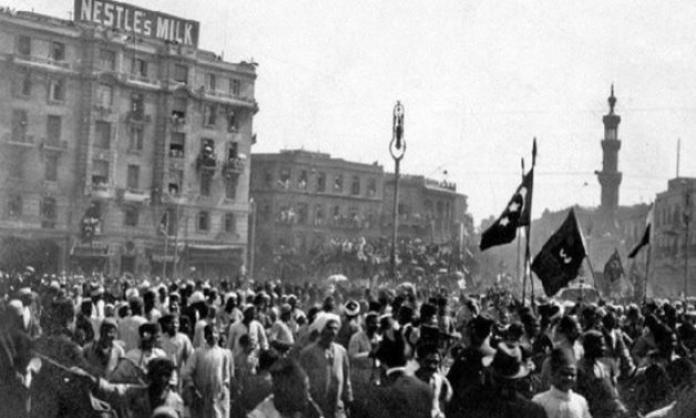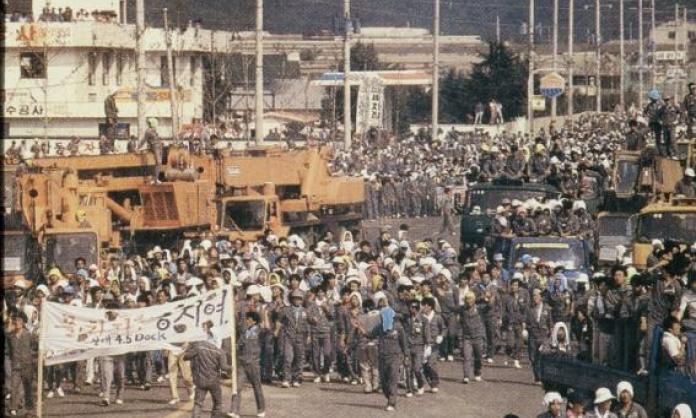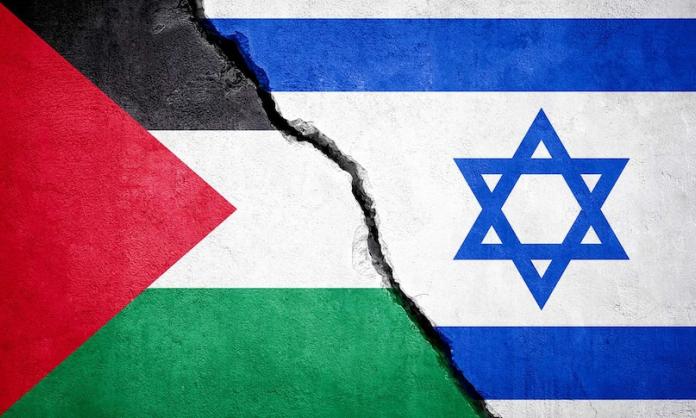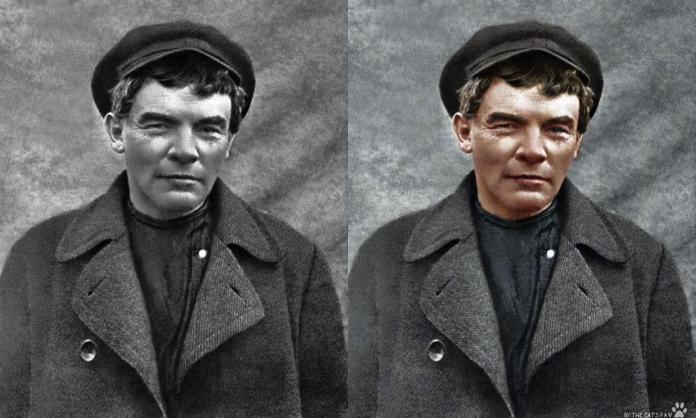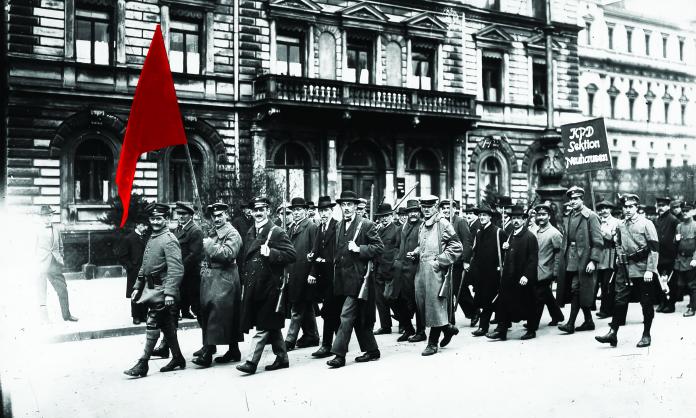MUA member Shane Bentley responds to an article by Red Flag's Tom O'Lincoln.
Articles about a western European country in the throes of revolution, such as Tom O’Lincoln’s on Portugal’s “Carnation Revolution” (Red Flag #13) are always an inspirational read. However, sadly lacking from the article is a discussion of the role played by the groups of the Portuguese far left, and questions of tactics and strategy that arise from the events of 1974-6.
The only far left group mentioned was the Revolutionary Party of the Proletariat, the group that the International Socialists of Britain had fraternal links with at the time. Described by O’Lincoln as the “most promising” group among the Portuguese far left, this 1970 Guevarist split from the Communist Party – better known as the Revolutionary Party of the Proletariat - Revolutionary Brigades (PRP-BR) – had confused, ultra left and semi-anarchist politics.
The PRP-BR carried out armed attacks on military and government targets right up until April 1974. It refused to take part in the April 1975 Constituent Assembly elections – the first after five decades of military rule – and instead raised the slogan, “No to bourgeois elections” (arguably not the best way to combat illusions in parliamentary democracy). Yet only one year later, it enthusiastically campaigned for a bourgeois military figure, the leftist Armed Forces Movement (MFA) leader Major Otelo de Carvalho during the June 1976 presidential elections.
To be fair, the PRP-BR showed promise. It helped to form Soldiers United Will Win (SUV) which promoted rank and file organisation within the armed forces and set up a number of “revolutionary councils of soldiers, sailors and workers” (CRTSMs). But the SUV collapsed in the aftermath of the 25 November 1975 attempted coup, and the CRTSMs were set up over the heads of the existing workers’ commissions and did not take up the tasks that motivated these commissions.
The fact the PRP-BR earns the label of “most promising” group in O’Lincoln’s account says more about the rest of the Portuguese far left than anything else. For instance, the various Maoist groups, when not denouncing each other, combined the wildest Third Period-style denunciation of the Communist Party as “social fascist” with the crassest appeals for an alliance with “progressive”, “anti-monopoly” business owners in the name of “national independence”.
Portuguese supporters of the Trotskyist United Secretariat of the Fourth International (USFI) were hopelessly divided in two. The Internationalist Communist League (LCI) was aligned to the USFI’s International Majority Tendency (IMT) of Ernest Mandel and Livio Maitan, while the Revolutionary Workers Party (PRT) sided with the USFI’s Leninist-Trotskyist Faction (LTF) of Joseph Hansen, Hugo Blanco and Nahuel Moreno.
On major questions of tactics and strategy, these two groups rarely saw eye to eye. When workers at the República newspaper took control of the printing presses from its Socialist Party owner in May 1975, the IMT hailed the move as an example of workers’ control. The LTF saw the action as an attack on the Socialist Party’s freedom of the press and responded by reprinting Trotsky’s 1938 article “Freedom of the Press and the Working Class”.
The IMT glossed over the bourgeois nature of the MFA. The LCI took part in the July 1975 “MFA – People’s Power” demonstration that called for the dissolution of the newly-elected Constituent Assembly. It joined the Front for Revolutionary Unity (FUR) and its calls for a “government of revolutionary unity” (whatever that meant). The LTF forces generally did the opposite. Brief moments of unity included the LCI and PRT both calling for a vote for the Communist Party candidate during the June 1976 Presidential elections.
Driving the division between the two was the question of which forces the USFI should orientate to. The IMT chased the “new mass vanguard” of the nebulous far left in the hope that it would be an adequate instrument for revolution, while the LTF’s “defence of the democratic conquests” of 1974 saw it develop a marked softness towards the right wing Socialist Party leadership.
Neither side developed the tactics and strategy that would consistently defend democratic rights, win over the ranks of the Communist and Socialist Parties, and develop the existing workers’ commissions into bodies that could directly pose the question of working class power.
What is outlined above is not a revelation. The PRP-BR’s shortcomings are well documented in the writings of Tony Cliff and Ian Birchall (available at marxists.org) and in Colin Barker’s Revolutionary Rehearsals.
The point of raising this is not to indulge in left wing trainspotting, but to pose questions about how socialists should respond to a pre-revolutionary situation like Portugal 1974-6.
Should socialists have taken part in the 1975 Constituent Assembly elections, or instead raised the slogan “No to bourgeois elections”? Was the MFA bourgeois or not? Was the República affair an example of workers’ control or an attack on freedom of the press? Should socialists have joined the FUR or stood outside of it? Should the MFA’s Major Carvalho or the Communist candidate have been supported in the June 1976 Presidential elections?
Tom O’Lincoln’s inspiring article would have served Red Flag readers even better if questions of tactics and strategy such as these had been discussed.




